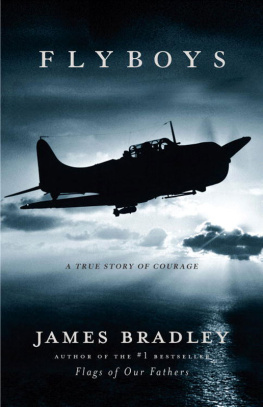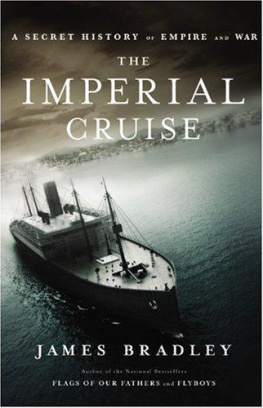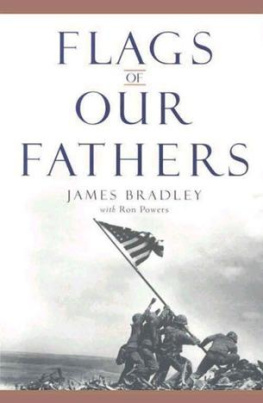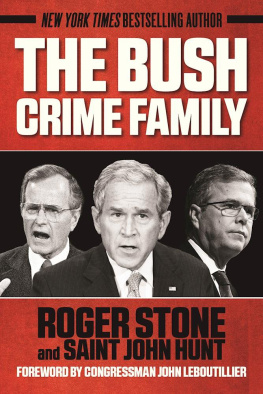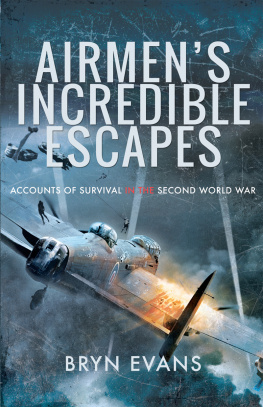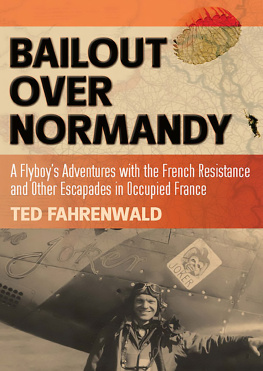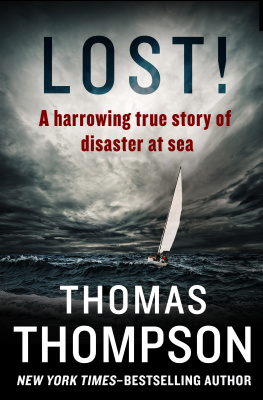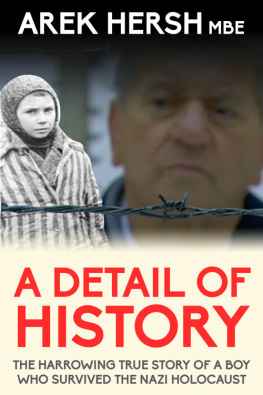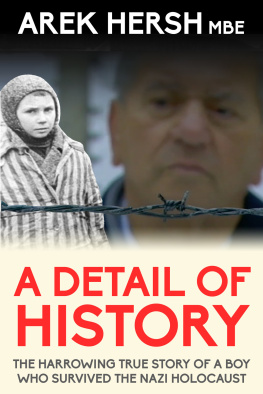James Bradley - Flyboys: A True Story of Courage
Here you can read online James Bradley - Flyboys: A True Story of Courage full text of the book (entire story) in english for free. Download pdf and epub, get meaning, cover and reviews about this ebook. year: 2004, publisher: Back Bay Books, genre: History. Description of the work, (preface) as well as reviews are available. Best literature library LitArk.com created for fans of good reading and offers a wide selection of genres:
Romance novel
Science fiction
Adventure
Detective
Science
History
Home and family
Prose
Art
Politics
Computer
Non-fiction
Religion
Business
Children
Humor
Choose a favorite category and find really read worthwhile books. Enjoy immersion in the world of imagination, feel the emotions of the characters or learn something new for yourself, make an fascinating discovery.
- Book:Flyboys: A True Story of Courage
- Author:
- Publisher:Back Bay Books
- Genre:
- Year:2004
- Rating:4 / 5
- Favourites:Add to favourites
- Your mark:
- 80
- 1
- 2
- 3
- 4
- 5
Flyboys: A True Story of Courage: summary, description and annotation
We offer to read an annotation, description, summary or preface (depends on what the author of the book "Flyboys: A True Story of Courage" wrote himself). If you haven't found the necessary information about the book — write in the comments, we will try to find it.
Flyboys: A True Story of Courage — read online for free the complete book (whole text) full work
Below is the text of the book, divided by pages. System saving the place of the last page read, allows you to conveniently read the book "Flyboys: A True Story of Courage" online for free, without having to search again every time where you left off. Put a bookmark, and you can go to the page where you finished reading at any time.
Font size:
Interval:
Bookmark:
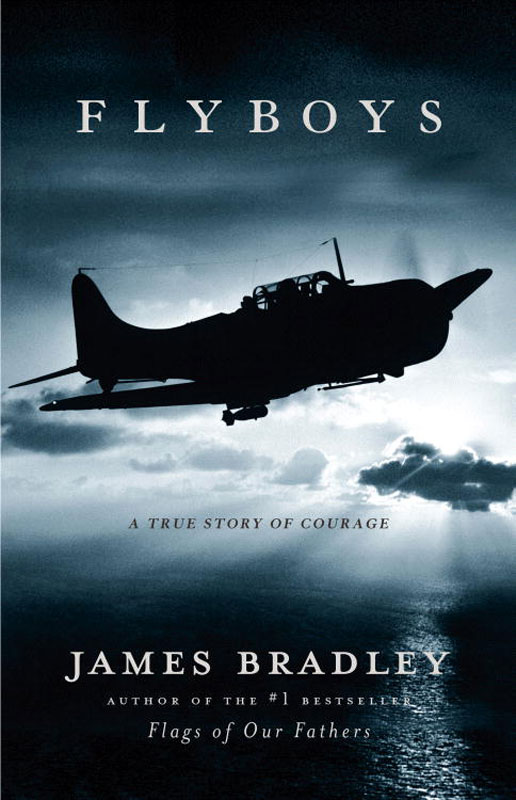
Copyright 2003 by James Bradley
All rights reserved. No part of this book may be reproduced in any form or by any electronic or mechanical means, including information storage and retrieval systems, without permission in writing from the publisher, except by a reviewer who may quote brief passages in a review.
First eBook Edition: June 2008
Visit our website at HachetteBookGgroupUSA.com.
ISBN: 978-0-7595-0832-3
ALSO BY JAMES BRADLEY
Flags of Our Fathers (with Ron Powers)
Jimmy Dye, Glenn Frazier, Floyd Hall, Marve Mershon,
Warren Earl Vaughn, Dick Woellhof, Grady York,
the Unidentified Airman, and to all Others
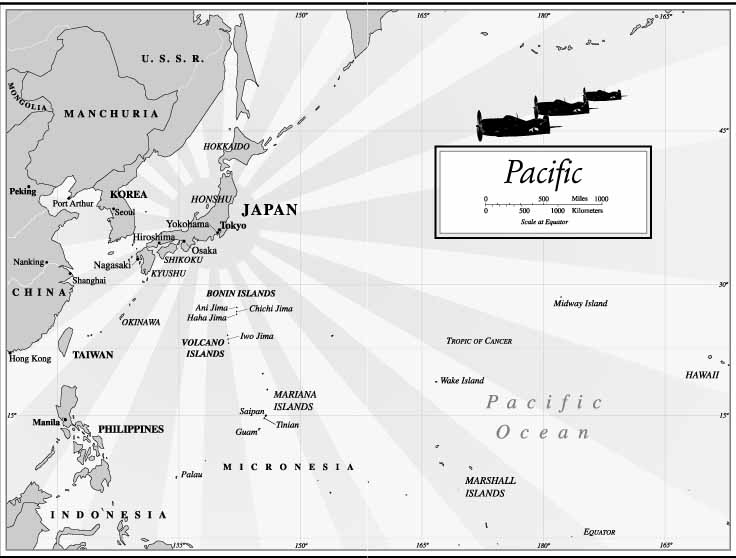
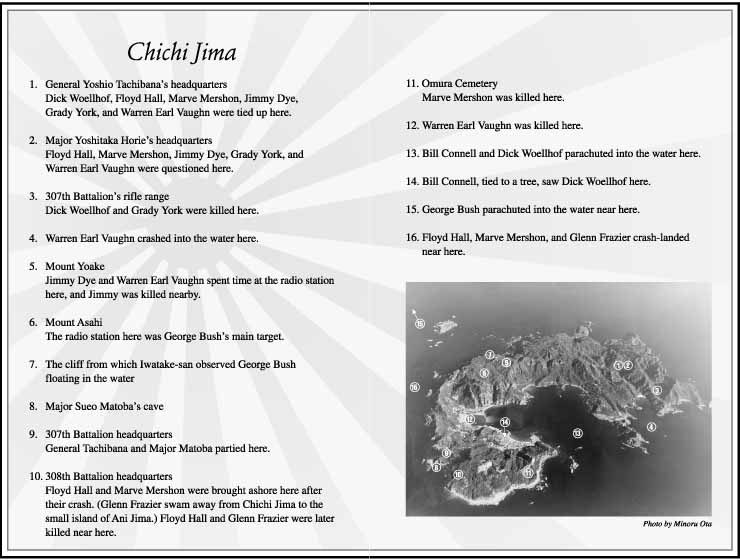
Declassified
All these years I had this nagging feeling these guys wanted their story told.
Bill Doran
T HE e-mail was from Iris Chang, author of the groundbreaking bestseller The Rape of Nanking. Iris and I had developed a professional relationship after the publication of my first book, Flags of Our Fathers. In her e-mail, Iris suggested I contact a man named Bill Doran in Iowa. She said Bill had some interesting information.
This was in early February 2001. I was hearing many interesting war stories at that point. Flags of Our Fathers had been published recently. The book was about the six Iwo Jima flagraisers. One of them was my father.
Indeed, scarcely a day passed without someone suggesting a topic for my next book. So I was curious as I touched his Iowa number on my New York telephone keypad.
Bill quickly focused our call on a tall stack of papers on his kitchen table. Within twenty minutes I knew I had to look Bill in the eye and see that stack. I asked if I could catch the first plane out the next day.
Sure. Ill pick you up at the airport, Bill offered. Stay at my place. Its just me and Stripe, my hunting dog, here. I have three empty bedrooms. You can sleep in one.
Riding from the Des Moines airport in Bills truck, I learned that Stripe was the best hunting dog in the world and that his seventy-six-year-old owner was a retired lawyer. Bill and Stripe spent their days hunting and fishing. Soon Bill and I were seated at his Formica-topped kitchen table. Between us was a pile of paper, a bowl of popcorn, and two gin and tonics.
The papers were the transcript of a secret war crimes trial held on Guam in 1946. Fifty-five years earlier, Bill, a recent U.S. Naval Academy graduate, had been ordered to attend the trial as an observer. Bill was instructed to report to the courtroom, a huge Quonset hut. At the entrance, a Marine guard eyed the twenty-one-year-old. After finding Bills name on the approved list, he shoved a piece of paper across a table.
Sign this, the Marine ordered matter-of-factly. Everybody was required to.
Bill read the single-spaced navy document. The legal and binding language informed young Bill that he was never to reveal what he would hear in that steaming Quonset hut / courtroom.
Bill signed the secrecy oath and he signed another copy late that afternoon when he left the trial. He would repeat this process every morning and every afternoon for the trials duration. And when it was over, Bill returned home to Iowa. He kept silent but could not forget what he had heard.
Then, in 1997, Bill noticed a tiny newspaper item announcing that vast stashes of government documents from 1946 had been declassified. When I realized the trial was declassified, Bill said, I thought, Maybe I can do something for these guys now.
As a lawyer, Bill had spent his professional life ferreting out documents. He made some inquiries and dedicated eleven months to following where they led. Then one day, a boxed transcript arrived in the mail from Washington. Bill told Stripe they werent going hunting that day.
The transcript contained the full proceedings of a trial establishing the fates of eight American airmenFlyboysdowned in waters in the vicinity of Iwo Jima during World War II. Each was shot down during bombing runs against Chichi Jima, the next island north of Iwo Jima. Iwo Jima was coveted for its airstrips, Chichi Jima for its communications stations. Powerful short- and long-wave receivers and transmitters atop Chichis Mount Yoake and Mount Asahi were the critical communications link between Imperial Headquarters in Tokyo and Japanese troops in the Pacific. The radio stations had to be destroyed, the U.S. military decided, and the Flyboys had been charged with doing so.
A stack of papers my brother found in my dads office closet after his death in 1994 had launched me on a quest to find my fathers past. Now, on Bills table, I was looking at the stack of papers that would become the first step in another journey.
On the same day my father and his buddies raised that flag on Iwo Jima, Flyboys were held prisoner just 150 miles away on Chichi Jima. But while everyone knows the famous Iwo Jima photo, no one knew the story of these eight Chichi Jima Flyboys.
Nobody knew for a reason: For over two generations, the truth about their demise was kept secret. The U.S. government decided the facts were so horrible that the families were never told. Over the decades, relatives of the airmen wrote letters and even traveled to Washington, D.C., in search of the truth. Well-meaning bureaucrats turned them away with vague cover stories.
All those years I had this nagging feeling these guys wanted their story told, Bill said.
Eight mothers had gone to their graves not knowing the fates of their lost sons. Sitting at Bills table, I suddenly realized that now I knew what the Flyboys mothers had never learned.
History buffs know that 22,000 Japanese soldiers defended Iwo Jima. Few realize that neighboring Chichi Jima was defended by even moreJapanese troops numbering 25,000. Whereas Iwo had flat areas suitable for assault from the sea, Chichi had a hilly inland and a craggy coast. One Marine who later examined the defenses of both islands told me, Iwo was hell. Chichi would have been impossible. Land troopsMarineswould neutralize Iwos threat. But it was up to the Flyboys to take out Chichi.
The U.S. tried to blow up Chichi Jimas communications stations for quite some time. Beginning in June of 1944, eight months before the Iwo Jima invasion, American aircraft carriers surrounded Chichi Jima. These floating airports catapulted steel-encased Flyboys off their decks into the air. The mission of these young airmen was to fly into the teeth of Chichi Jimas lethal antiaircraft guns, somehow dodge the hot metal aimed at them, and release their loads of bombs onto the reinforced concrete communications cubes atop the islands twin peaks.
The WWII Flyboys were the first to engage in combat aviation in large numbers. In bomber jackets, posing with thumbs up, they epitomized masculine glamour. They were cool, and they knew it, and any earthbound fool had to know it too. Their planes were named after girlfriends and pinups, whose curvy forms or pretty faces sometimes adorned their sides. And inside the cockpit, the Flyboys were lone knights in an age of mass warfare.
In the North Pacific in 1945, the Flyboys flew the original missions impossible. Climbing into 1940s-era tin cans with bombs strapped below their feet, they hurtled off carrier decks into howling winds or took off from island airfields. Sandwiched between blue expanses of sky and sea, Flyboys would wing toward distant targets, dive into flak shot from huge guns, and drop their lethal payloads. With their hearts in their throats, adrenaline pumping through their veins, the Flyboys then had to dead-reckon their way back to a tiny speck of landing deck or to a distant airfield their often-damaged planes never made it to.
Font size:
Interval:
Bookmark:
Similar books «Flyboys: A True Story of Courage»
Look at similar books to Flyboys: A True Story of Courage. We have selected literature similar in name and meaning in the hope of providing readers with more options to find new, interesting, not yet read works.
Discussion, reviews of the book Flyboys: A True Story of Courage and just readers' own opinions. Leave your comments, write what you think about the work, its meaning or the main characters. Specify what exactly you liked and what you didn't like, and why you think so.

